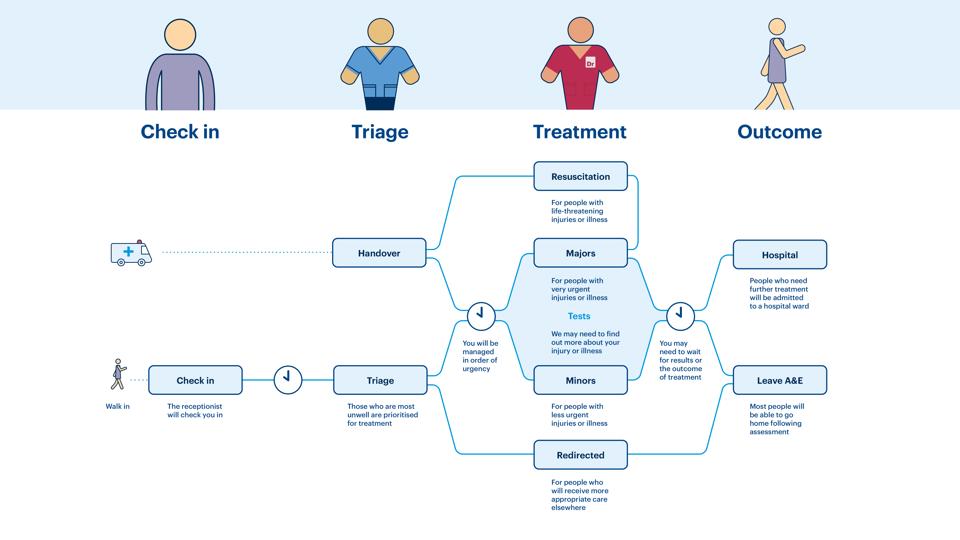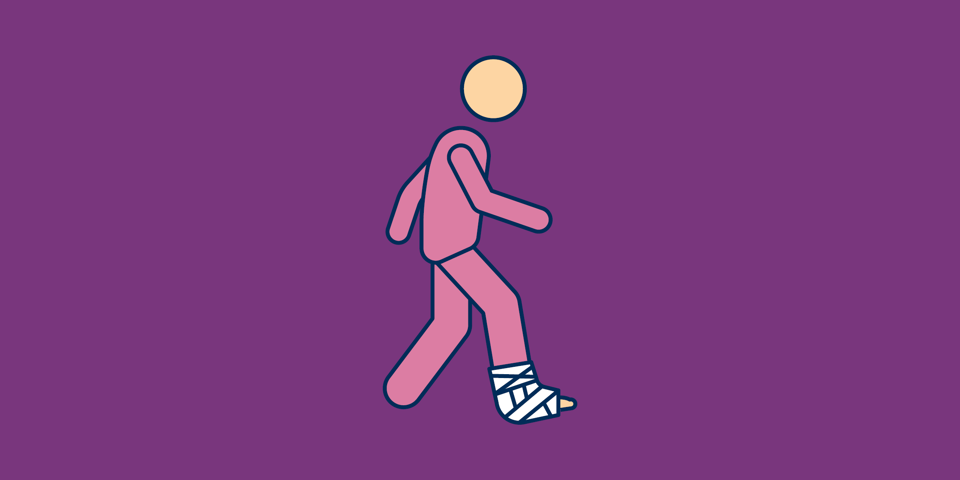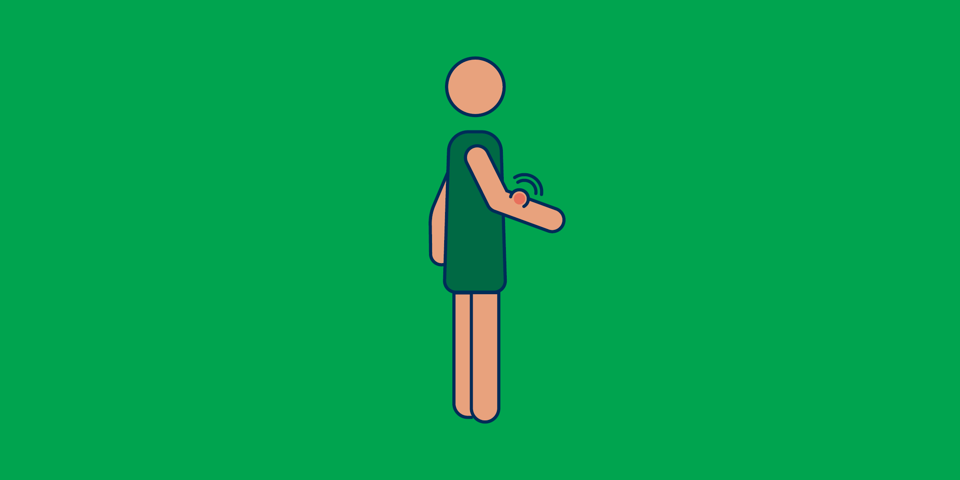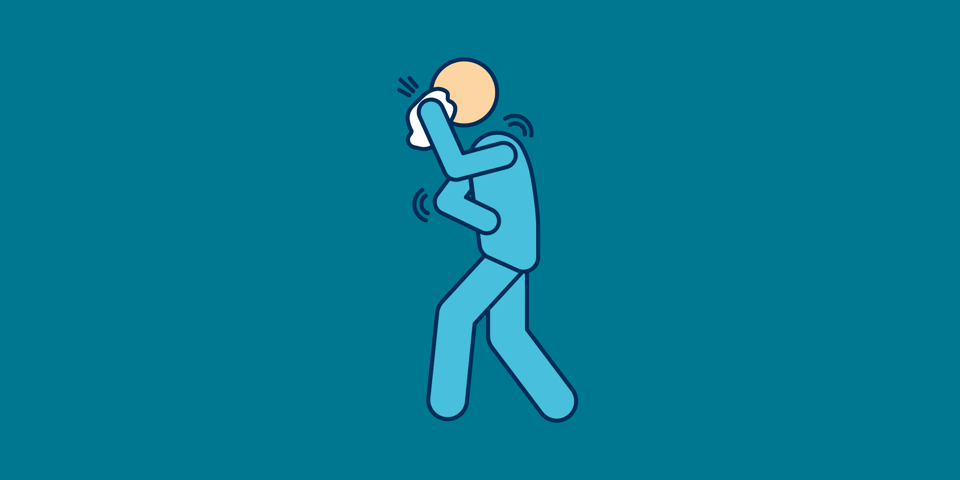List of Useful Locations
Location 1
Victoria Hospital,
Hayfield Road,
Kirkcaldy,
KY2 5AH
01592 643355
Loc 2 - Ward 42
Victoria Hospital,
Hayfield Road,
Kirkcaldy,
KY2 5AH
another number for the ward
open all hours
Cardenden HC
The Lomond Practice - Cardenden,
The Health Centre,
Wallsgreen Road,
Cardenden,
KY5 0JE
01592 722 445
Day Surgery Alt title
Queen Margaret Hospital,
Whitefield Road,
Dunfermline,
KY12 0SU
012345 67895
9-5 Mon-Fri
Your journey through A&E
This map shows the four stages of your progress through the A&E department: Check in, Triage, Treatment and Outcome. You can expect some waiting time between each stage. Please use this map to keep track of your progress.

Download the Check in, Triage, Treatment and Outcome diagram (PDF)
Please click on the accordion below to find out about each of the four stages.
Check in
Our reception team will check you in and ask for personal details, such as your name, address, and details about your injury or illness.
There may be a wait at busy times before your name is called, as those who are most unwell are prioritised for assessment.
This means you may wait longer if you have a less serious condition. If your condition is not an emergency, you may be more appropriately treated elsewhere – please call NHS 24 on 111 if this is the case.
Very unwell people may be immediately taken to a treatment room, where staff may be called to complete their registration.
Our staff work hard to provide the best care for our patients. Please treat them with respect and kindness. We have a zero tolerance policy towards violence and aggression.
Triage
Our staff will assess the urgency of your injury or illness and talk to you about the type of treatment you need.
We aim to assess you as soon as possible following your check in.
When the nurse has assessed your injury or illness, we will know what sort of treatment or ongoing care you may need.
Please wait for your name to be called.
Treatment
Once you have been assessed, our expert clinical team will deliver the necessary treatment or care.
Waiting times for different treatments can vary. Other people may be called before you depending on their needs.
Sometimes a serious emergency will need additional support from doctors and nurses. These emergencies can affect waiting times for other patients. If this happens, we will let you know.
During treatment, your clinician will keep you updated with your care pathway and options.
Please wait for your name to be called.
Outcome
Most people will be able to go home following treatment.
People who need further treatment will be admitted to a hospital ward.
Other options
Remember you may not need to attend Accident and Emergency. You may find shorter waits from qualified specialists in other places. The following describe some of these scenarios.

Ankle injuries
If you go over your ankle but are able to walk, this could be treated at home.
If mobility deteriorates after a few days, call NHS24 on 111.

Insect bites
You can treat bee stings, wasp stings, midge bites, and all other insect bites with medications available directly from your local pharmacy without a prescription.
Pharmacists also supply tools for the removal of ticks. You can easily remove ticks at home without needing healthcare skills.

Dental problems
Most dental issues are best managed by our dental colleagues.
Please contact your dental practice during normal working hours. If you are not registered with a dentist, call our Dental Advice Line on 01592 226 555. If you have an urgent need outside normal working hours, please call NHS 24 on 111.

General illness
Your local GP can treat coughs, colds, earaches, sore throats, headaches, or long-term conditions.
If you have come to A&E with a condition that has been present for more than a week or have seen your GP already, you may be redirected back to your GP surgery.
Accessible formats
If you require this information in a community language or alternative format e.g. Braille, audio, large print, BSL, Easy Read please contact the Equality and Human Rights Team at: email: fife.EqualityandHumanRights@nhs.scot or phone 01592 729130. For people with a hearing or verbal impairment you can also contact the team via the NHS Fife SMS text service number on 07805800005.
You can also find health related information on many topics in an Easy Read format on nhsinform.scot.



